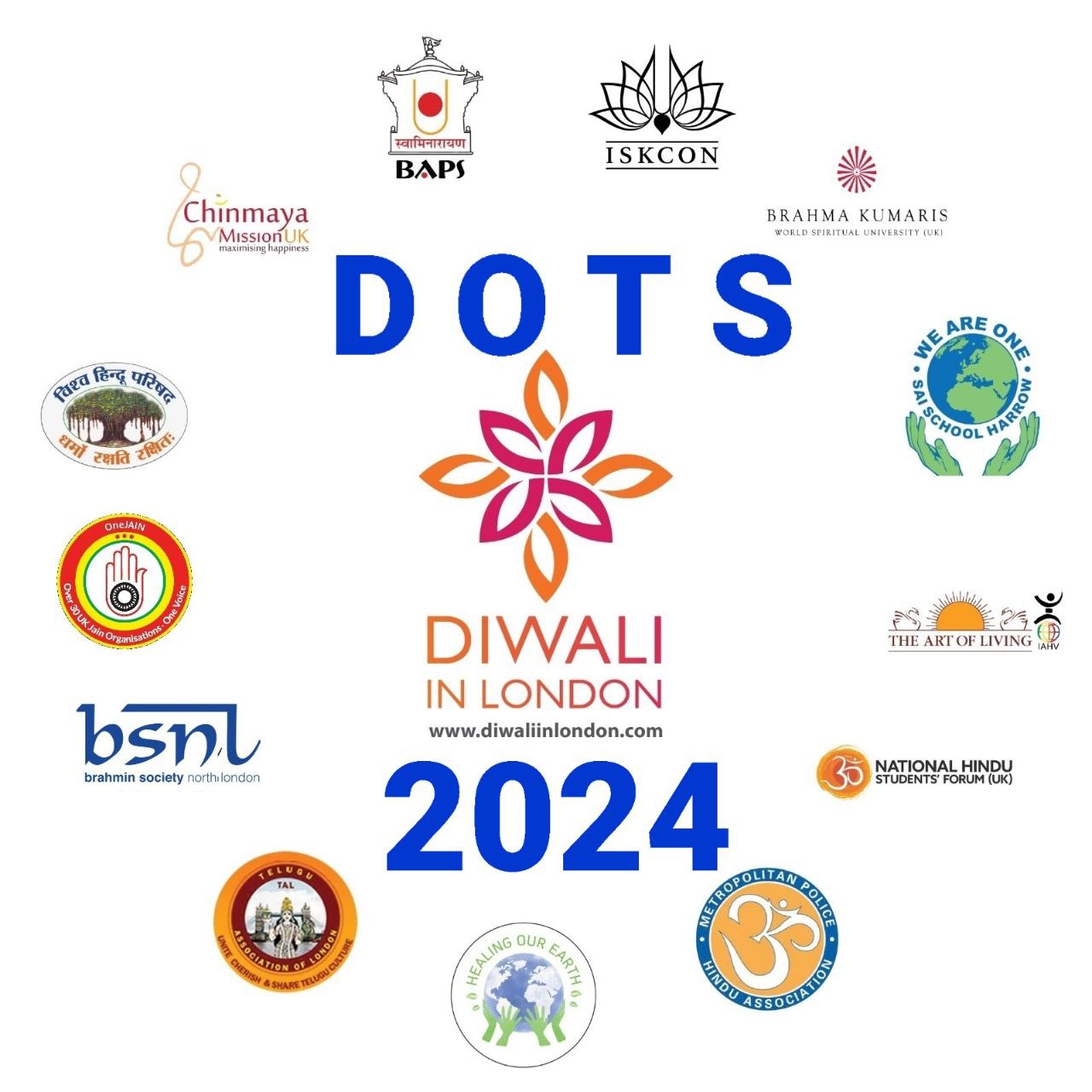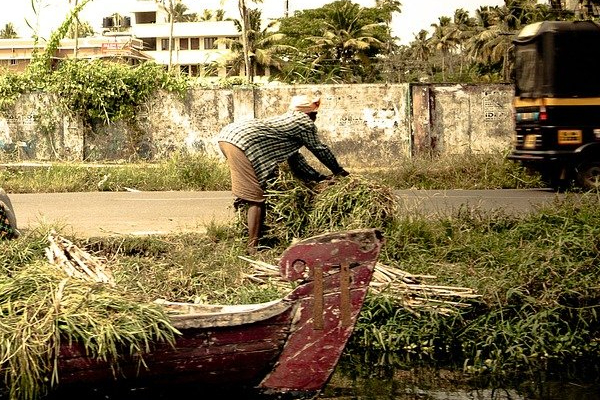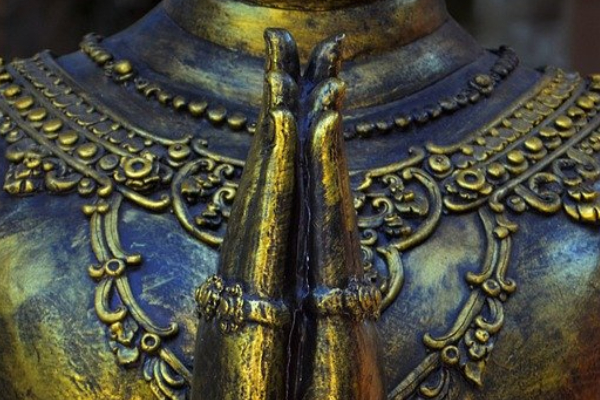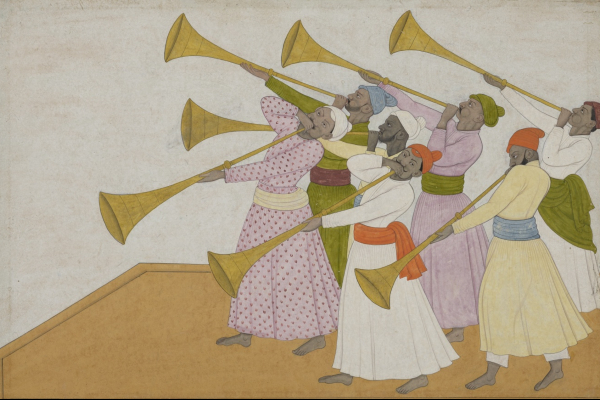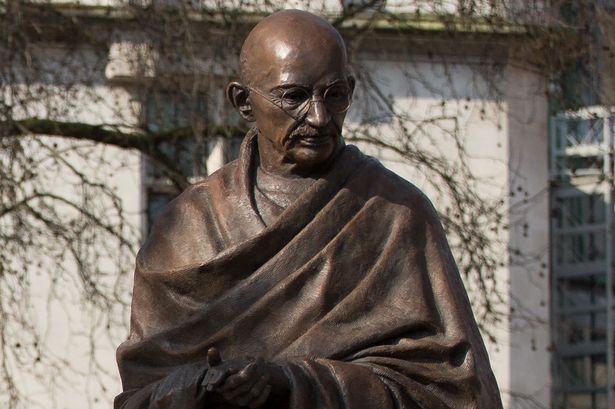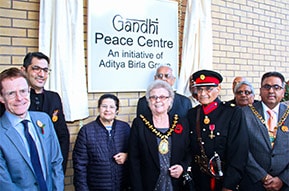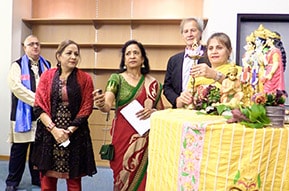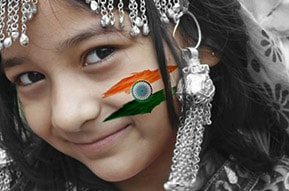Raising Hindu Children in the UK: Navigating Education, Identity, and Culture
Raising Hindu Children in the UK: Navigating Education, Identity, and Culture
Raising children in a multicultural environment like the UK presents unique challenges and opportunities, especially for Hindu parents aiming to instil cultural values, religious education, and a strong sense of identity in their children. This blog explores the key challenges and offers practical strategies to help Hindu parents navigate these complexities effectively.

Educational Challenges and Strategies
Access to Quality Education One of the primary challenges Hindu parents face is ensuring their children receive a quality education that respects and integrates their cultural and religious values. While UK schools provide a robust education system, they often lack specific provisions for Hindu cultural education. This can lead to a disconnect between home and school environments.
Supplementary Religious Education To bridge this gap, Hindu parents can enrol their children in supplementary classes offered by local temples or community centres. These classes typically cover Hindu scriptures, language (such as Sanskrit or regional languages like Gujarati, Tamil, Hindi, etc.), and traditional practices. This supplemental education ensures children learn about their heritage in an organised manner, complementing their mainstream education.
Parental Involvement in Schools Active parental involvement in school activities is crucial. Parents can collaborate with teachers to include discussions about Hindu festivals and cultural practices in the curriculum. This not only educates other students about Hinduism but also helps Hindu children feel represented and respected within their school community.
Balancing Academic and Religious Education Finding a balance between academic and religious education can be challenging. Parents should aim to integrate learning into daily routines seamlessly. For example, incorporating stories from Hindu mythology into bedtime reading can make religious education an enjoyable and integral part of the child’s life.
Identity Challenges and Strategies
Navigating Cultural Duality Hindu children in the UK often navigate a dual identity—being both British and Hindu. This duality can lead to identity conflicts, especially during adolescence when peer influence is strong. Children may feel pressured to conform to the dominant culture, potentially leading to a loss of connection with their heritage.
Fostering Cultural Pride To address this, it’s essential to foster a strong sense of cultural pride from a young age. Celebrating Hindu festivals like Diwali, Holi, and Navratri at home and within the community helps reinforce cultural identity. Explain the significance of these celebrations to children, helping them understand their roots and the values associated with these traditions.
Open and Honest Communication Maintaining open and honest communication about identity and cultural experiences is vital. Encourage children to share their feelings and experiences regarding their dual identity. This dialogue helps parents understand their children’s perspectives and provides an opportunity to offer guidance and support.
Addressing Discrimination Unfortunately, racial and religious discrimination can be a reality for many Hindu children in the UK. It’s crucial to equip children with the tools to deal with such challenges. Teach them about their rights and encourage them to speak up against discrimination. Providing a supportive home environment where they can express their concerns and fears is equally important.
Cultural Challenges and Strategies
Preserving Cultural Practices Maintaining cultural practices in a predominantly different cultural environment can be difficult. The busy lifestyles of modern families often leave little time for traditional practices and rituals. However, it’s important to make a conscious effort to preserve these practices.
Creating an Immersive Cultural Environment Creating an immersive cultural environment at home can be highly effective. Speak native languages at home, cook traditional foods, and practice cultural rituals regularly. This daily exposure helps children develop a strong connection to their heritage and ensures that cultural practices become a natural part of their lives.
Engaging with the Hindu Community Active engagement with the local Hindu community provides children with a support network of peers who share similar cultural backgrounds. Participate in community events, temple activities, and cultural festivals. These interactions reinforce cultural values and provide a sense of belonging.
Balancing Modern and Traditional Values Balancing traditional values with modern lifestyles can be challenging. Parents should strive to find a middle ground where children can appreciate and practice their cultural traditions while also embracing the opportunities and advancements of modern society. Encourage children to take pride in their heritage while being open to new experiences and perspectives.
Practical Tips for Instilling Cultural Values and Religious Education
Celebrate Festivals Actively celebrate Hindu festivals at home and within the community. Festivals are a vibrant and joyful way to teach children about their culture and religion. Involve them in preparations, explain the stories and significance behind each festival, and create family traditions that they will cherish.
Regular Temple Visits Regular visits to temples help reinforce religious teachings and provide a sense of community. Temples often organise cultural and educational activities that children can participate in, further enriching their understanding of Hinduism.
Storytelling and Literature Storytelling is a powerful tool for imparting cultural values and religious teachings. Share stories from Hindu mythology, such as the Ramayana and Mahabharata, and discuss the morals and values they convey. Additionally, books and media that reflect Hindu culture can be valuable resources.
Role Models and Mentorship Introduce children to role models within the Hindu community who exemplify the integration of cultural values and professional success. These role models can provide inspiration and guidance, helping children see the relevance of their heritage in their personal and professional lives.
Encouraging Cultural Activities Encourage participation in cultural activities such as dance, music, and arts that reflect Hindu traditions. These activities not only provide a creative outlet but also help children connect with their culture on a deeper level.
Language Retention Ensuring children retain and use their native language alongside English can be challenging, especially when English is dominant in their daily interactions. Create opportunities for them to practice their native language at home and in social settings. Bilingualism has numerous cognitive and cultural benefits, and maintaining fluency in the native language can strengthen their connection to their heritage.
Conclusion
Raising Hindu children in the UK involves navigating a complex landscape of education, identity, and culture. By actively addressing these challenges and implementing practical strategies, Hindu parents can help their children develop a strong sense of cultural identity, pride in their heritage, and a balanced approach to living in a multicultural society.
Creating an immersive cultural environment at home, engaging with the local Hindu community, and fostering open communication are key steps in this journey. Through these efforts, Hindu parents can ensure that their children grow up with a deep understanding of their roots and the confidence to navigate their dual identity in a diverse world.

